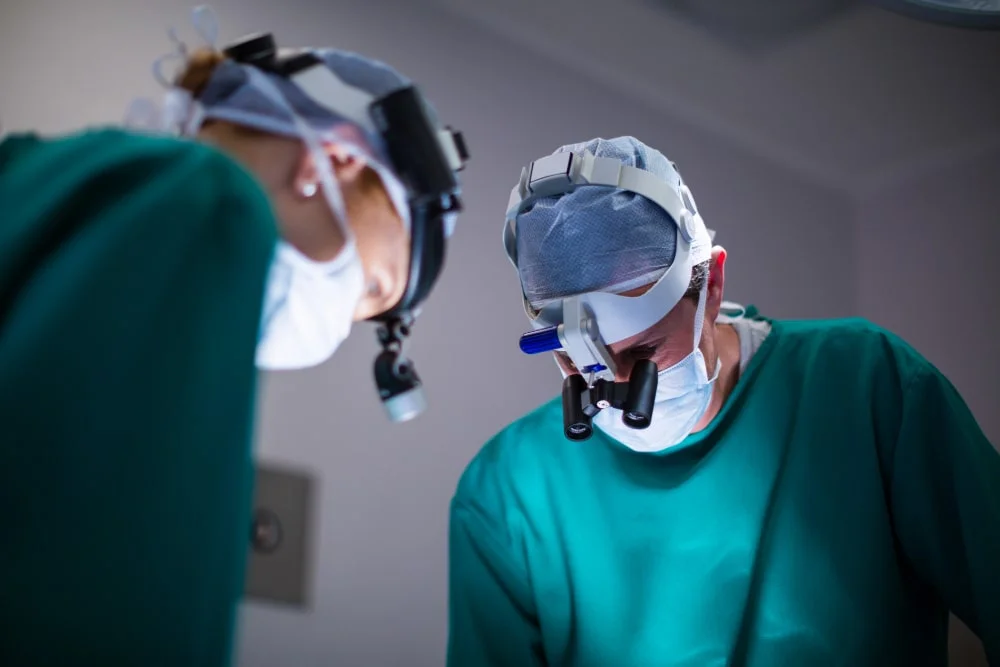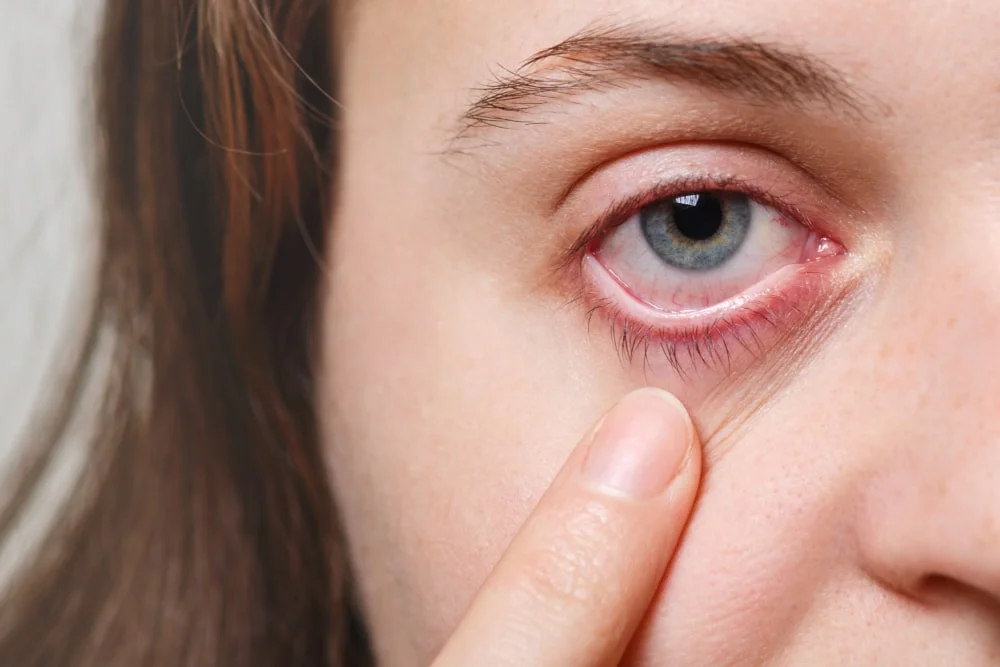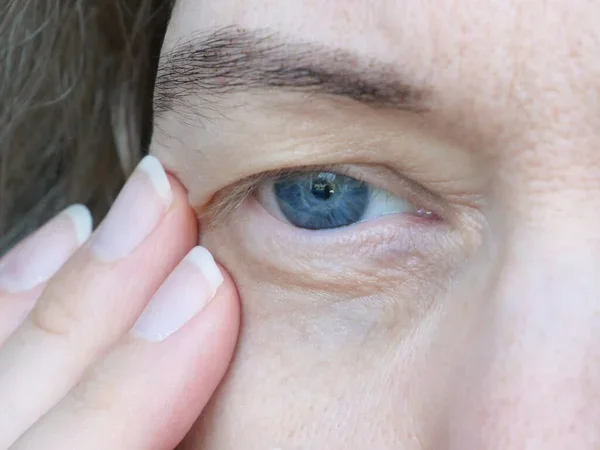
A Vital Intervention in Protecting Eye Health: Vitrectomy Surgery
- A Vital Intervention in Protecting Eye Health: Vitrectomy Surgery
- What is Vitrectomy?
- When is Vitrectomy Necessary?
- How is Vitrectomy Performed?
- Postoperative Recovery
- How Vitrectomy Affects Vision
- Conclusion
Thanks to advanced surgical techniques, we are now able to successfully treat many eye diseases. One such technique is vitrectomy surgery. This method plays a critical role in preserving and restoring vision, especially in serious conditions such as diabetes (diabetic retinopathy), retinal detachment, macular holes, epiretinal membranes, and vitreous hemorrhages.
What is Vitrectomy?
Vitrectomy is a surgical procedure in which the vitreous humor, a gel-like substance that fills the inner part of the eye, is removed. This fluid is naturally clear and transparent from birth; however, due to aging, diabetes, eye trauma, or certain retinal diseases, it can become clouded or harmful to the retina. During vitrectomy, we remove the vitreous and replace it with a special fluid, silicone oil, or gas. This allows the inner eye structures to be preserved in a healthier environment.
When is Vitrectomy Necessary?
The most common conditions in which we perform vitrectomy surgery include:
- Diabetic Retinopathy and Vitreous Hemorrhage:
Diabetes can cause serious damage to the blood vessels in the retina, leading to bleeding within the eye. When this bleeding accumulates over the retina or blocks the central vision, vitrectomy becomes necessary. - Retinal Detachment:
Detachment of the retinal layer from the back of the eye can lead to vision loss. In such cases, we perform vitrectomy to reposition the retina. - Epiretinal Membrane:
A thin membrane can form on the surface of the retina. As it thickens and contracts, it wrinkles the retina, impairing vision. In vitrectomy, we remove both the vitreous and this membrane. - Eye Trauma:
We use vitrectomy to treat complications from trauma such as bleeding, foreign bodies in the eye, or retinal tears.

How is Vitrectomy Performed?
This surgery is performed using microsurgical techniques that allow access to the posterior segment of the eye. It is usually done under local or general anesthesia. During the procedure:
- Small incisions are made in the white part of the eye (sclera).
- The vitreous gel is removed using a special instrument.
- Membranes or blood clots on the retina are cleaned.
- Retinal tears or detachments, if present, are repaired with laser or gas tamponade.
- Silicone oil, gas, or a special fluid is injected into the eye to maintain proper intraocular pressure.
The duration of the surgery varies depending on the severity of the condition but typically lasts between 1 to 3 hours.
Postoperative Recovery
Recovery after vitrectomy differs from patient to patient. However, the following general guidelines should be observed:
- Eye drops and medications must be used as prescribed.
- Head positioning should follow the surgeon’s instructions. If gas has been injected into the eye, specific head positions may be necessary while lying down or sitting.
- Hygiene is crucial to prevent eye infections.
- Heavy lifting and bending over should be avoided.
- Vision improvement takes time—patience is essential. Retinal healing may take weeks or even months.
How Vitrectomy Affects Vision
The success of the surgery depends on the underlying disease and the extent of damage to the retinal tissue. In general, earlier vitrectomy intervention yields better results. However, in advanced cases of diabetic retinopathy or severe retinal detachment, full restoration of vision may not be possible.
Conclusion
Vitrectomy surgery represents a revolutionary step in the treatment of eye diseases. It is a frequently preferred method to save vision in cases like diabetes, retinal detachment, and vitreous hemorrhages. When applied to the right patient at the right time, it delivers successful results. Early diagnosis and regular eye examinations are vital in preventing or intervening early in diseases that require vitrectomy.
If you have any concerns regarding your eye health, consult an eye specialist without delay.
May the sparkle in your eyes never fade...

Op. Dr. Gökhan Özgür
Specialist in Eye Health and Diseases



